حلول كتاب الطالب انجليزي أول ثانوي الفصل الدراسي الثاني
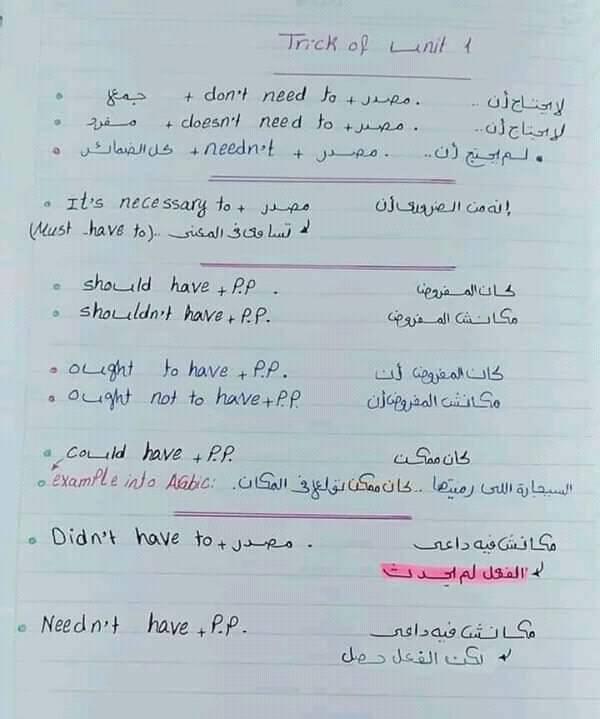
Unit 3: Technology, Language, and Culture
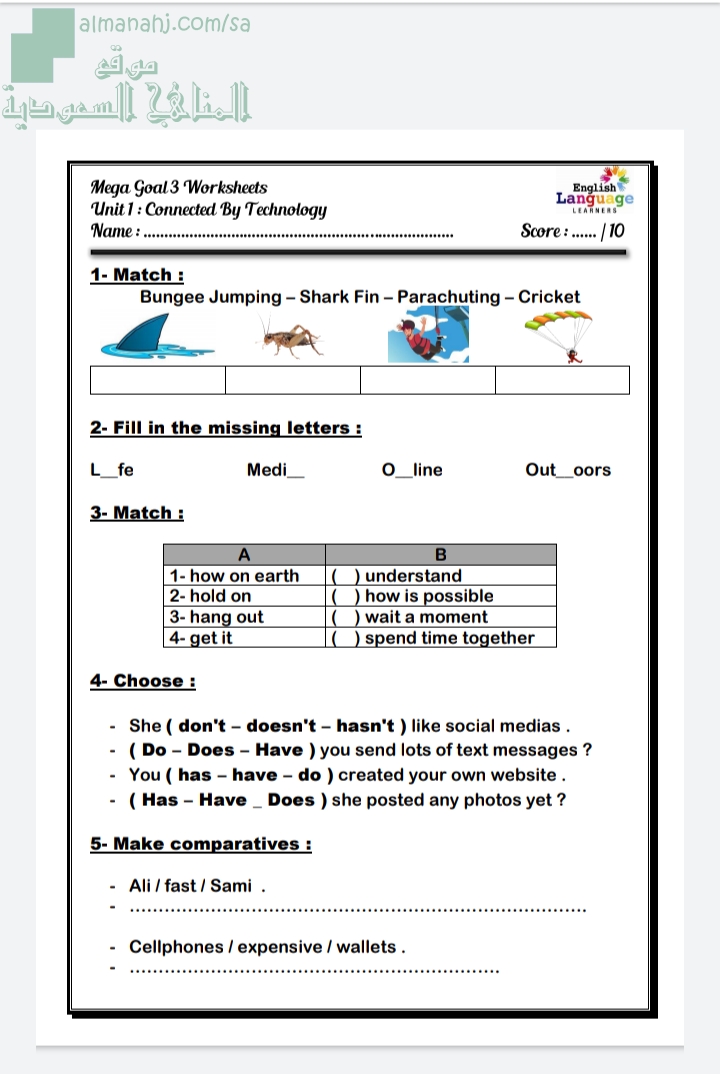
A. Vocabulary
Technology: Internet, smartphone, social media, online games
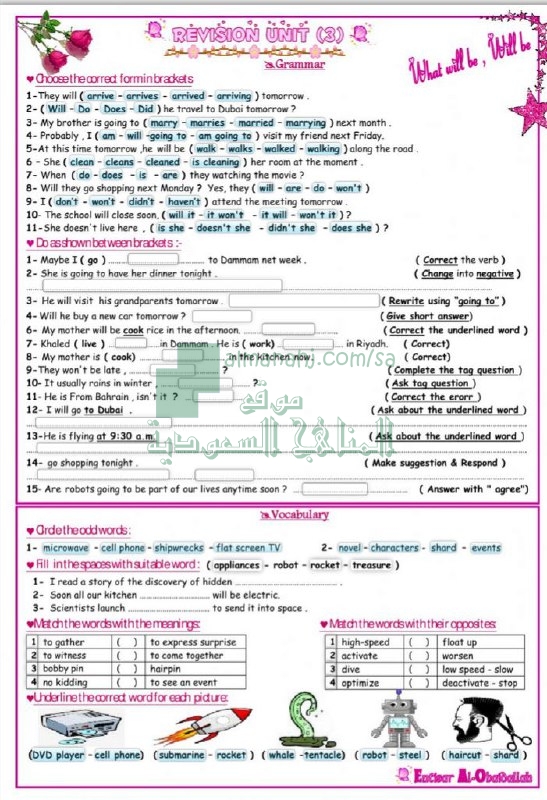
Language: Dialect, accent, slang, jargon

Culture: Customs, traditions, beliefs, values
B. Reading
1. The Impact of Technology on Language
Technology can facilitate communication across long distances.
It can also lead to the spread of new vocabulary and expressions.
However, it can also pose challenges to traditional language skills.
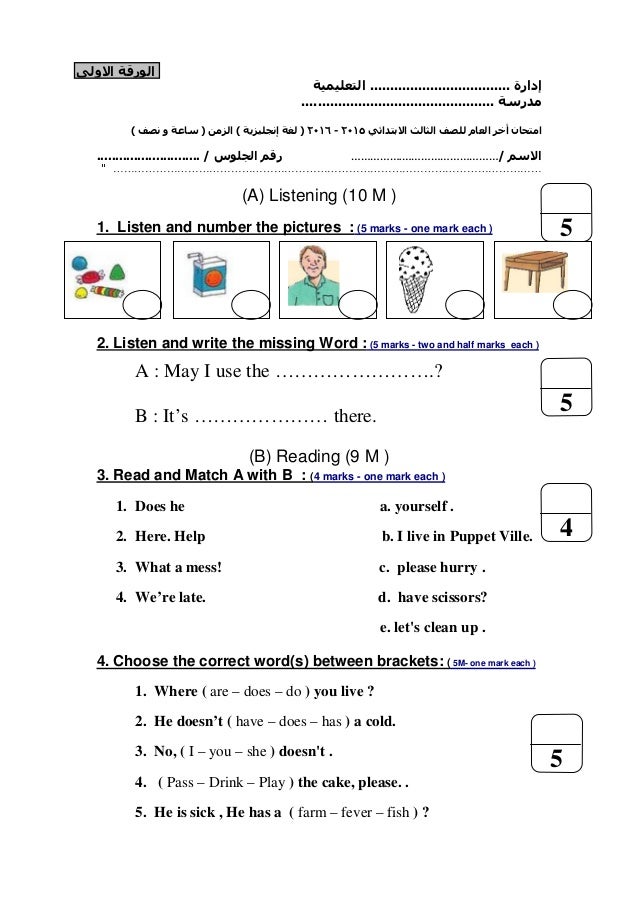
2. Language and Culture
Language is a key part of any culture.
It reflects the beliefs, values, and experiences of a people.
Learning a new language can provide insights into a different culture.
3. Technology and Cultural Exchange
Technology can connect people from different cultures.
It can facilitate cultural exchange and understanding.
However, it can also lead to cultural homogenization.
Unit 4: World Issues
A. Vocabulary
World issues: Global warming, poverty, hunger, disease, conflict
Causes: Human activities, natural disasters, lack of resources
Solutions: Sustainable practices, aid organizations, international cooperation
B. Reading
1. Global Warming
Global warming is a major threat to the planet.
It is caused by the release of greenhouse gases into the atmosphere.
Impacts include rising sea levels, extreme weather events, and loss of biodiversity.
2. Poverty and Hunger
Poverty and hunger are major global problems.
Causes include lack of access to education, healthcare, and employment.
Solutions include providing aid to developing countries and promoting sustainable economic growth.
3. Conflict and Disease
Conflict and disease are major sources of human suffering.
Causes include political instability, lack of resources, and poor sanitation.
Solutions include providing humanitarian aid, promoting peace, and investing in healthcare.
Unit 5: Environmental Protection
A. Vocabulary
Environmental protection: Pollution, climate change, natural resources, conservation
Causes: Human activities, industrialization, agriculture
Solutions: Sustainable practices, renewable energy, environmental regulations
B. Reading
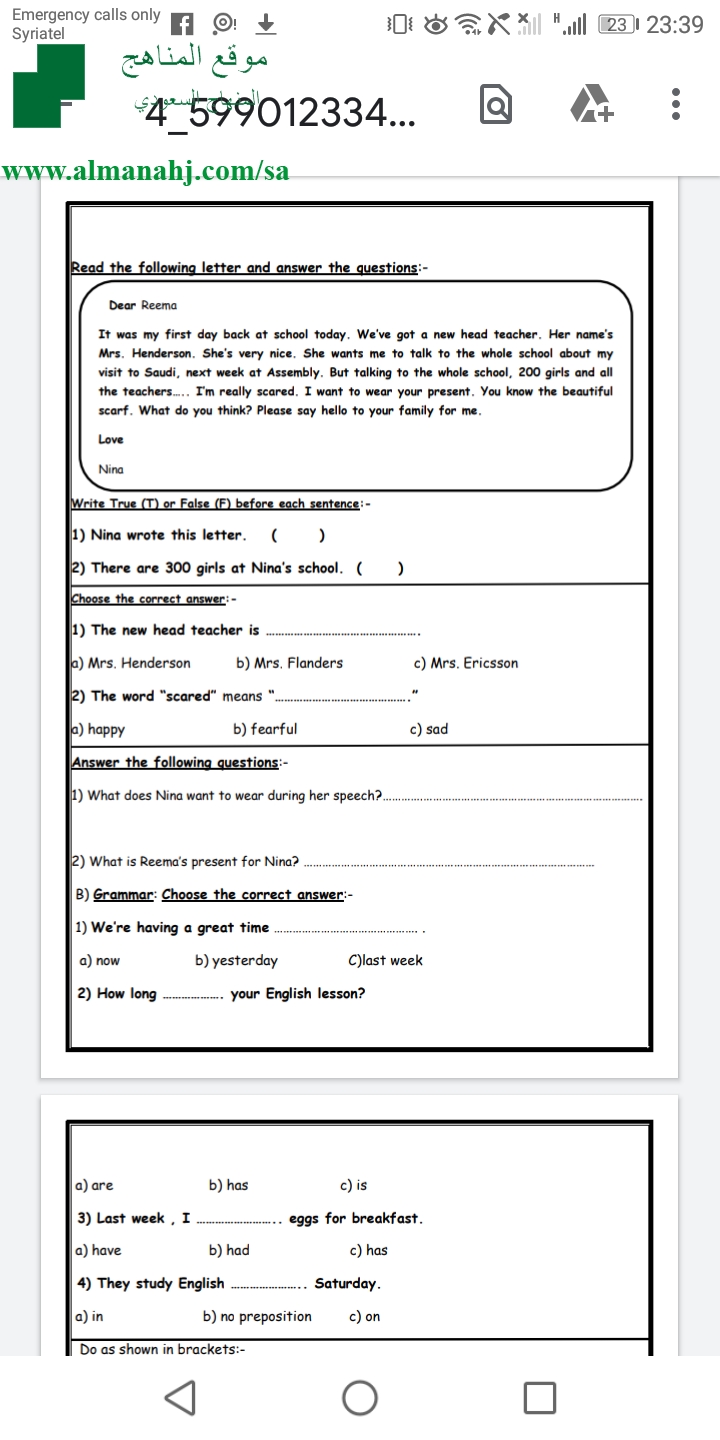
1. Pollution
Pollution is a major environmental problem.
It can cause health problems, damage ecosystems, and pollute water sources.
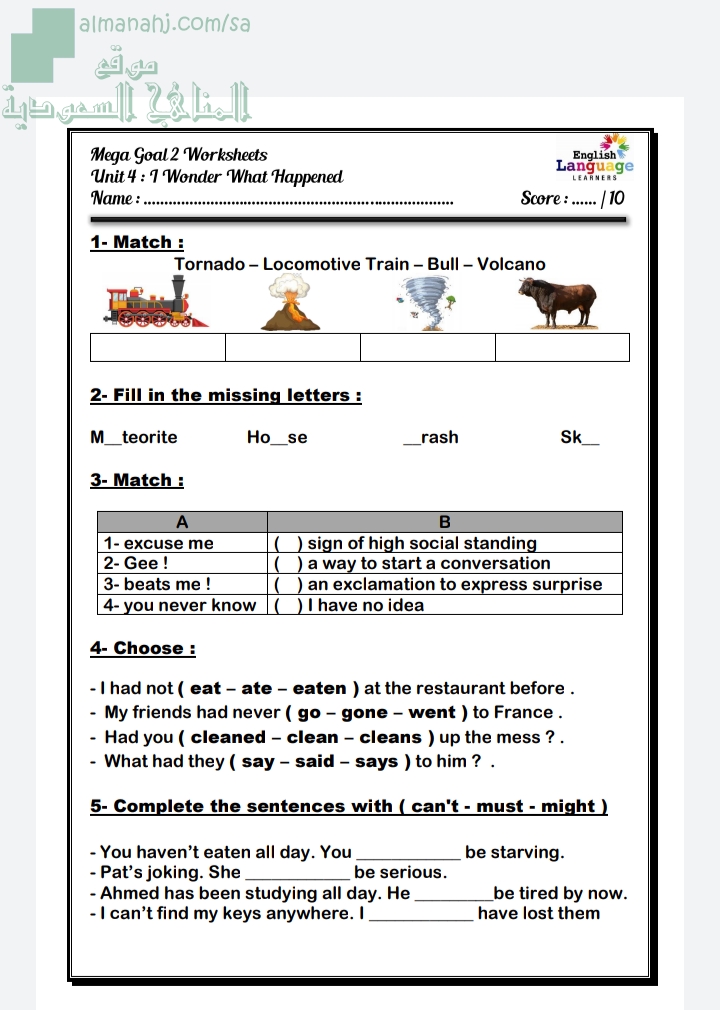
Solutions include reducing emissions, using eco-friendly products, and promoting recycling.
2. Climate Change
Climate change is a global threat.
It is caused by the release of greenhouse gases into the atmosphere.

Impacts include rising sea levels, extreme weather events, and loss of biodiversity.
3. Conservation
Conservation is essential for protecting the environment.

It involves protecting natural resources, such as water, forests, and wildlife.
Solutions include establishing protected areas, promoting sustainable practices, and educating people about the importance of conservation.
Unit 6: Media and Communication
A. Vocabulary
Media: Television, radio, newspapers, social media, internet

Communication: Verbal, non-verbal, mass communication, interpersonal communication
Ethics: Responsibility, truthfulness, bias, accuracy
B. Reading
1. The Power of Media

Media has a powerful influence on society.
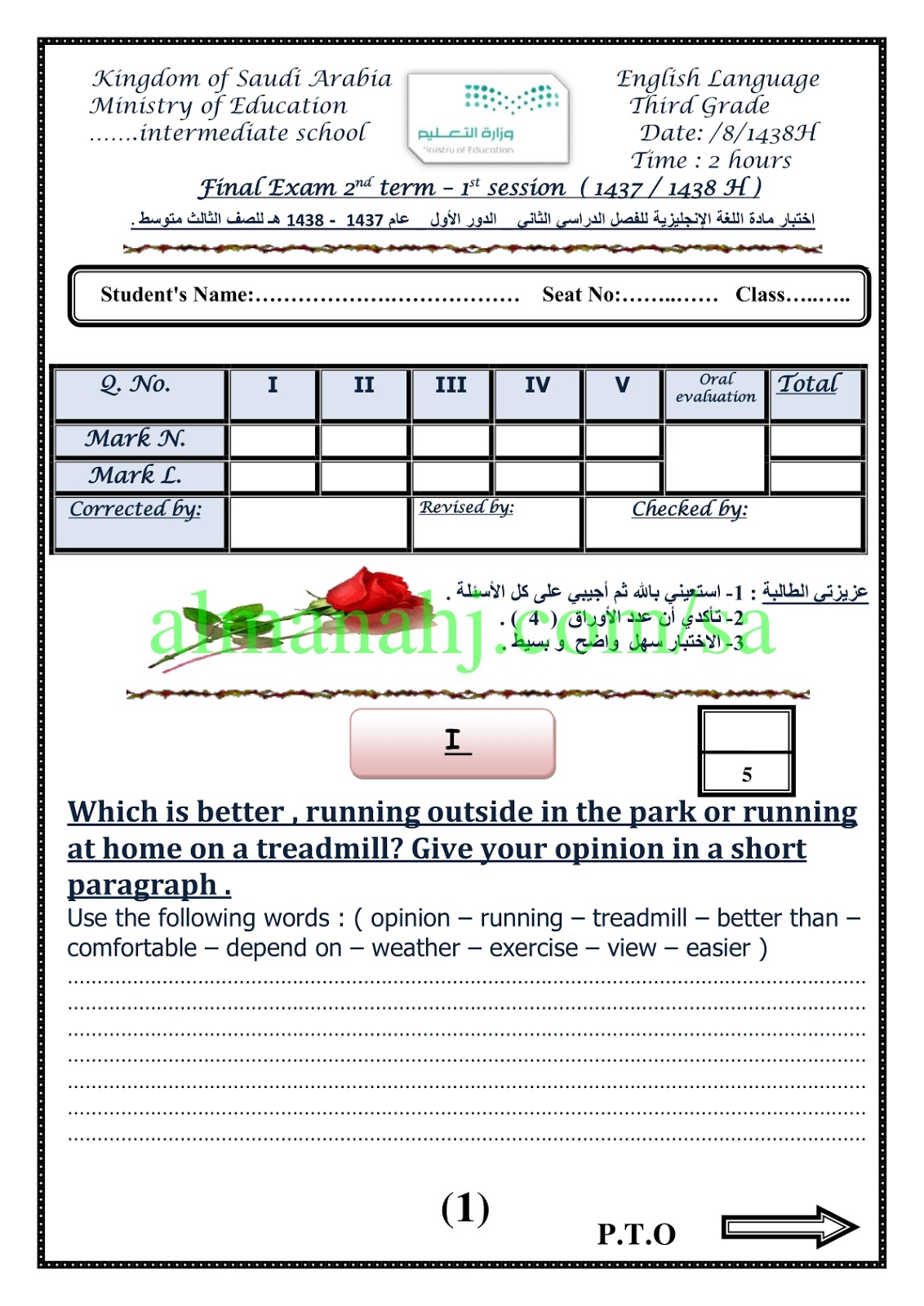
It can shape public opinion, inform people about current events, and entertain.
However, it can also spread misinformation and bias.
2. Responsible Communication
Ethical communication is essential in all forms of communication.
It involves being truthful, respectful, and accurate.
Responsible communication helps build trust and understanding.
3. Media and Persuasion

Media can be used to persuade people to think or act in certain ways.

Advertising, political propaganda, and social media marketing are all examples of persuasive communication.
It is important to be aware of the persuasive techniques used in media and to evaluate messages critically.
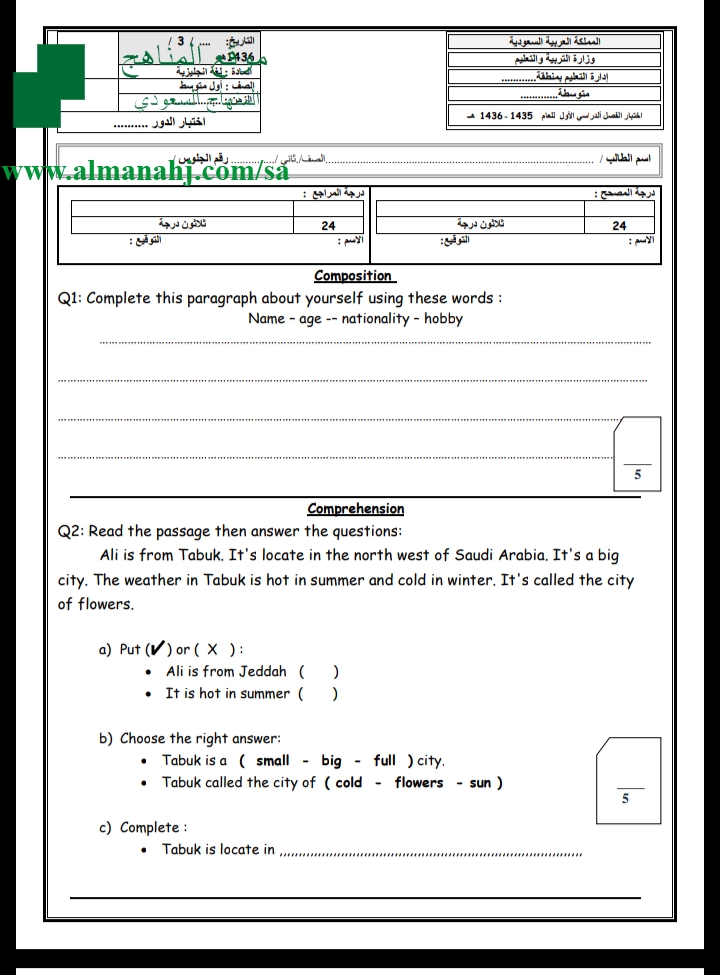
Unit 7: Health and Lifestyle
A. Vocabulary
Health: Physical health, mental health, nutrition, exercise
Lifestyle: Diet, sleep, stress, relationships
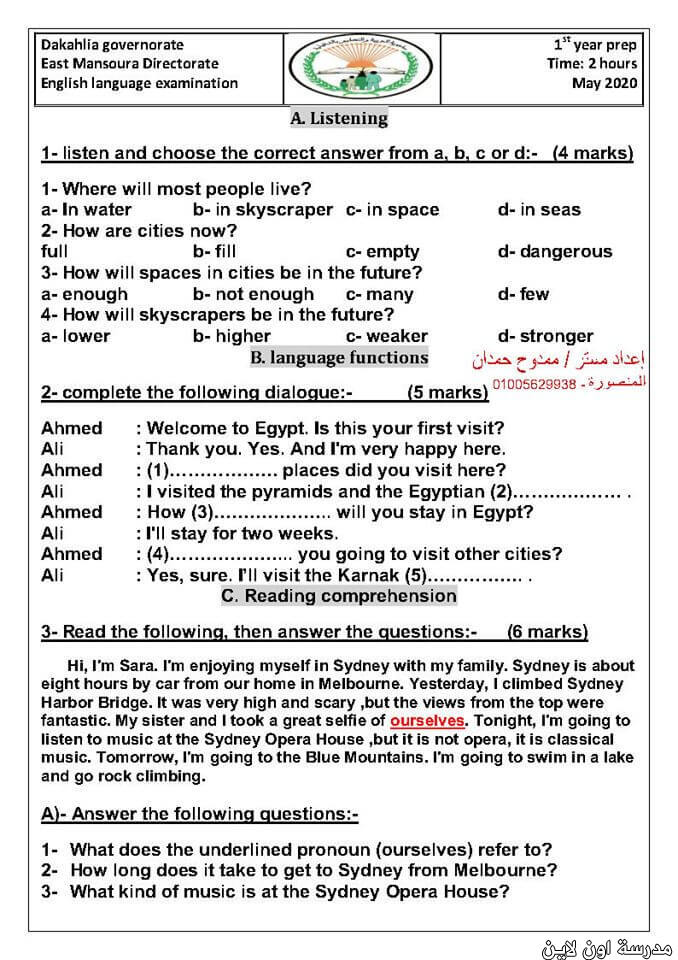
Wellness: Overall well-being, balance, self-care
B. Reading
1. Physical Health

Physical health is an essential part of overall well-being.
It involves maintaining a healthy weight, eating a balanced diet, and exercising regularly.
Good physical health can help prevent diseases and improve quality of life.
2. Mental Health

Mental health is just as important as physical health.
It involves feeling good about yourself and being able to manage stress and emotions.
Good mental health can help you achieve your goals and live a fulfilling life.
3. Wellness
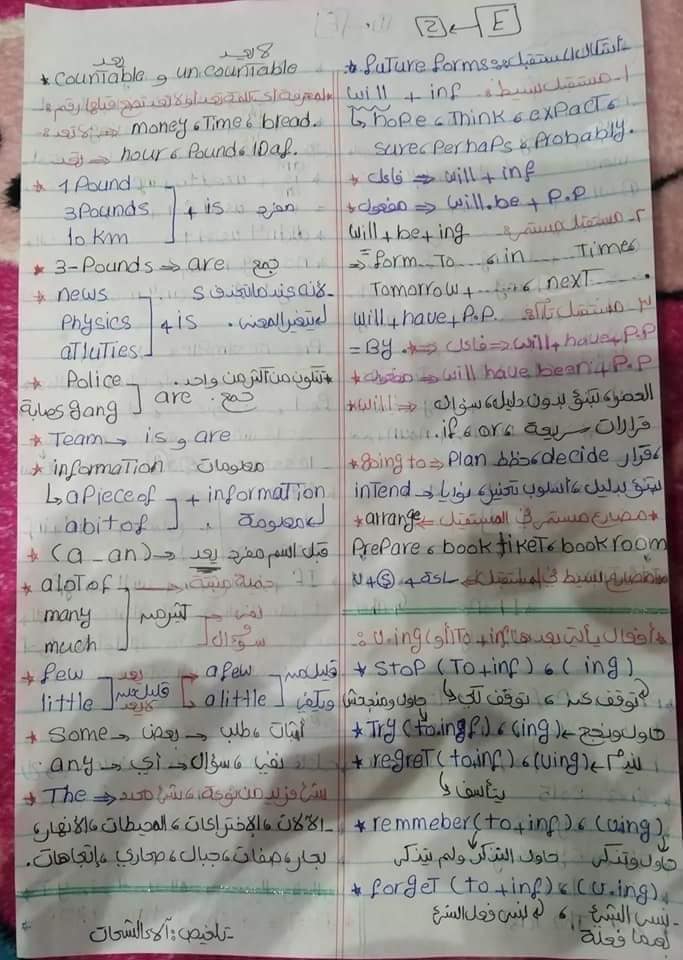
Wellness is a state of overall well-being.
It involves taking care of your physical, mental, and emotional health.

Wellness can help you live a longer, healthier, and happier life.
Unit 8: Civic Responsibility
A. Vocabulary
Civic responsibility: Voting, volunteering, jury duty, community involvement
Democracy: Rule of law, citizen participation, equal rights

Citizenship: Responsibilities, rights, duties
B. Reading
1. The Importance of Civic Responsibility
Civic responsibility is essential for a functioning democracy.
It helps ensure that all citizens have a say in their government and that laws are enforced fairly.

Participating in civic activities can help build a stronger and more just community.
2. Voting and Elections
Voting is a fundamental right and responsibility in a democracy.
It gives citizens the opportunity to choose their representatives and influence public policy.
Informed voting requires research and critical thinking.
3. Volunteering and Community Involvement
Volunteering is a great way to give back to your community.
It can help you make a positive impact on others and develop new skills.
Community involvement can also help you stay informed about local issues and connect with your neighbors.
Conclusion
The second semester of first-year English for secondary school students has provided a comprehensive understanding of various global concerns and themes. From the influence of technology on language and culture to pressing world issues, students have explored diverse perspectives and gained valuable knowledge. The study of environmental protection, media and communication, health and lifestyle, and civic responsibility has equipped them with essential critical thinking, problem-solving, and communication skills. This knowledge will empower them to make informed decisions and contribute positively to their communities and the world.